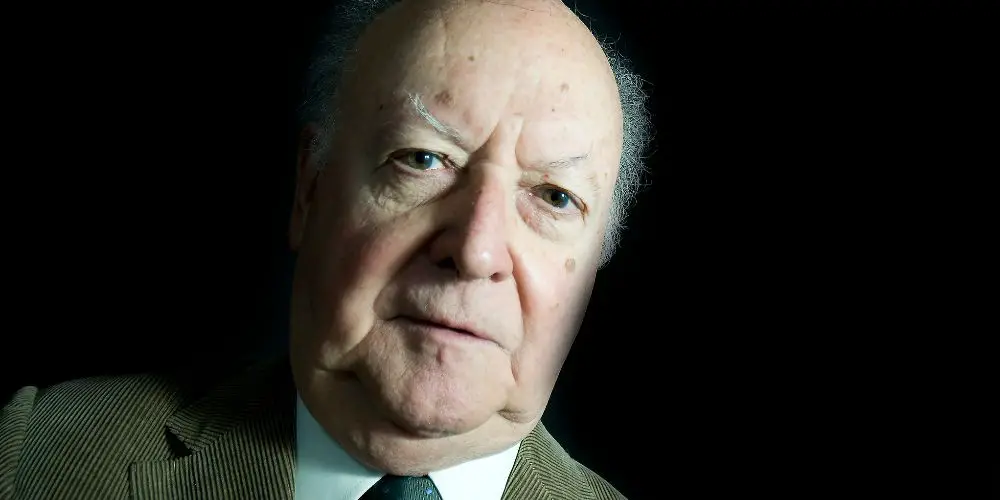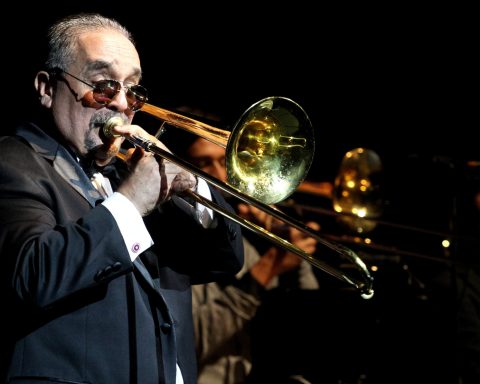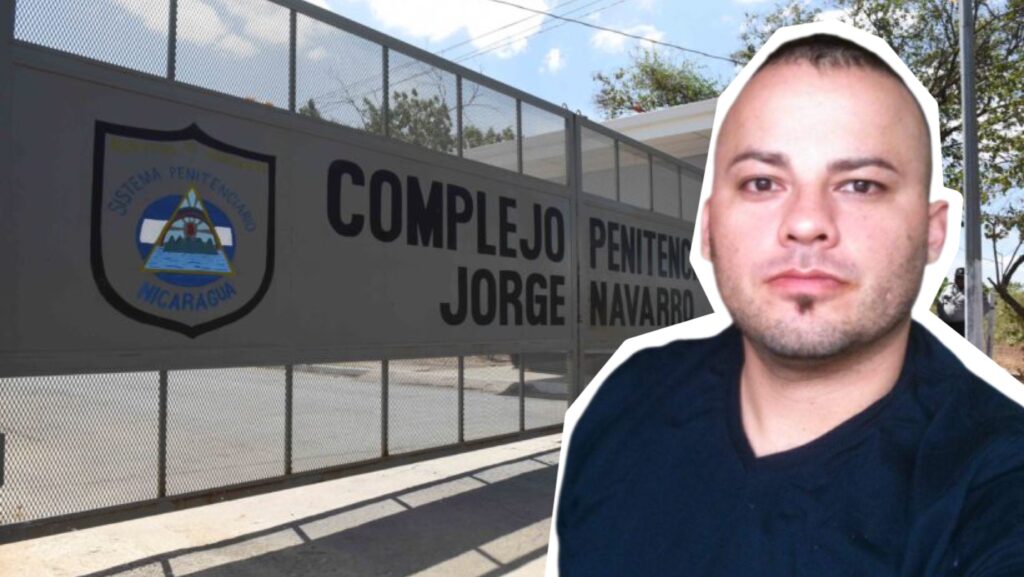Havana Cuba. – I defy, you defy, he defies, we defy… Undoubtedly, it is not difficult to conjugate the verb defy, but to defy seriously is something else. Challenging beyond the mere exercise of conjugating is much more complicated, even risky, and above all if the challenged is a totalitarian power, if the challenged is a man who furiously, with irresponsible nepotism, holds power, all power.
There is nothing more risky than challenging a dictator, and much more if that challenged dictator was Fidel Castro. Challenging Castro Ruz, even after death, continues to be tremendously dangerous (worse if Fidel was aware of the challenge while alive; then things would get bad, and also worse). Fidel Castro never recognized forgiveness as a possibility, his motto, in the midst of silence, should have been: “He who makes me pay.”
Fidel Castro got rid of anyone who dared to challenge him, from above, from below, from anywhere. And even knowing that Jorge Edwards dared to face him. Jorge Edwards took the risks and reached the end point, with Persona non grataforgetting that the bearded man’s hand was long, and that in Chile, anywhere, an accident could be simulated, a very serious illness, to later specify a real death, one of those that go beyond simulation.
Jorge Edwards had arrived in Havana in 1970, a few years after that notorious catastrophe that ostracized heberto padilla and Antón Arrufat after the publication of his books Offside and The seven against Thebes, respectively. And Edwards was able to stay put, he was able to be a tender diplomat complacent with the power that welcomed him and who had a “good vibe”, at least on the surface, with the socialist government of Salvador Allende.
Edwards could have been soft and friendly with the dictator and his clique, but he was not a complacent writer, and he believed that the fairest thing to do would be to side with the censured, and he made it clear. Fidel Castro, in the midst of his usual “nervous attacks,” and without the grace of almodovarthen made it very clear that the Chilean was a “persona non grata”, and Jorge had to pack his bags and take a plane that would take him to the south of the continent, from beyond the seas and Salvador Allende.
Now we find out that Jorge Edwards has died, that the “persona non grata” will not write again, that he will not pronounce the name of Fidel Castro, not even that of that Allende who also decided to exclude him. Jorge Edwards is definitively dead, although before the left had already decided his muteness and the silence of his pages.
Edwards had died for the left, in the same way that Virgilio Piñera, and José Lezama Lima, and Guillermo Cabrera Infante died before. Jorge Edwards is dead and will continue to be a “persona non grata” for those lefts that distinguish a moral order at their convenience, and where the most traditional values are transfigured, where they claim to be beyond good and evil, which is no more than that nebula in which only evil prevails, the most rarefied of evils, the one that makes good disappear, definitively.
Jorge Edwards has died, but unfortunately the immoralism of some leftists who should be celebrating that death has not yet died. Jorge Edwards has died and his columns will be missed in The nation (Argentina), in The country (Spain) and the world (France), while the Italians noted the banishment of the columns that habitually appeared in the Corriere della Sera.
And nothing was said about the death of the great Chilean journalist, at least until now, by the Cuban press. The official media bite their tongues and swallow the blood. The Cuban press prefers to tie his hands than run the risk of making any reference to the Chilean. And I don’t doubt that this left-wing press dares to celebrate Jorge’s death “quietly”, with brief whispers, after all, they respond to a totalitarian government that decides which person is welcome, and which is not. And so it is that they calmly assume their dishonesties.
OPINION ARTICLE
The opinions expressed in this article are the sole responsibility of the person who issues them and do not necessarily represent the opinion of CubaNet.

















